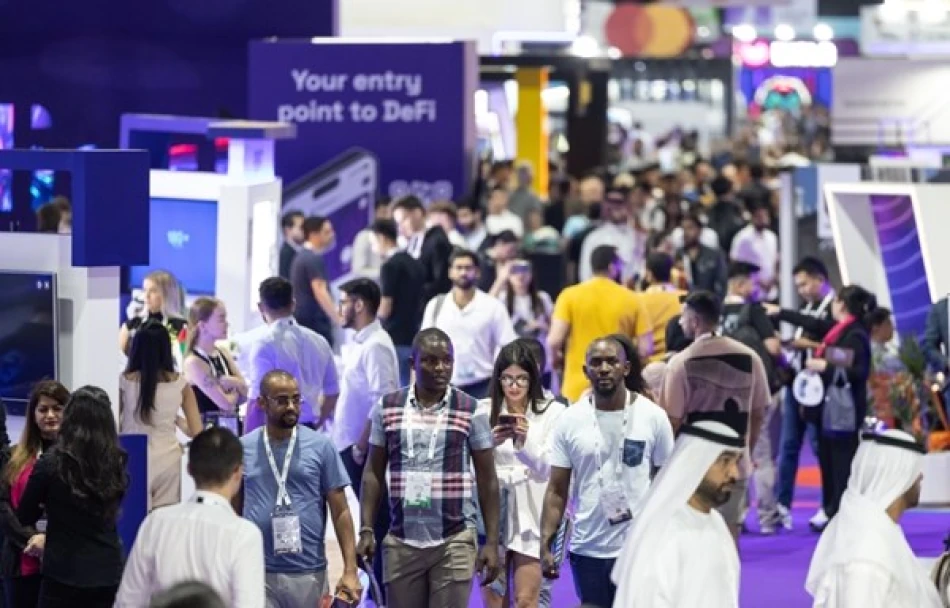
Digital Startups Thrive at 'Expand North Star': 414% Growth Since 2016
Dubai's Startup Showcase Marks a Decade of Digital Dominance
The Expand North Star expo has evolved from a modest regional gathering into the world's largest startup and investor convergence, reflecting Dubai's calculated transformation into a global digital economy powerhouse. As the event prepares for its 10th edition this October, the numbers tell a compelling story of how strategic positioning and favorable policies can reshape an entire economic landscape.
Exponential Growth Signals Market Maturity
The expansion metrics reveal more than just event success—they indicate a fundamental shift in global startup geography. From 350 participating startups in 2016 to 1,800 in 2024, the 414% growth rate outpaces most traditional tech hubs. More telling is the investor participation surge from 150 to 1,200 participants, representing a 700% increase that suggests Dubai has achieved critical mass in venture capital attraction.
The geographic diversification from 39 to over 100 represented countries demonstrates Dubai's success in positioning itself as a neutral, business-friendly alternative to traditional Western tech centers. This expansion coincides with geopolitical tensions that have made entrepreneurs and investors seek stable, regulation-light environments.
Strategic Timing Amid Global Tech Realignment
The event's growth trajectory aligns with broader Middle Eastern ambitions to diversify beyond oil dependency. Dubai's D33 Economic Agenda, which aims to double the economy by 2033, leverages the emirate's geographic position between East and West, creating what officials describe as a "digital bridge" for global commerce.
Unlike Silicon Valley's increasingly regulated environment or Singapore's selective approach, Dubai offers entrepreneurs streamlined visa processes, zero personal income tax, and access to both emerging and established markets. The timing proves crucial as global venture capital faces headwinds in traditional markets.
Competitive Positioning Against Regional Rivals
Dubai's approach contrasts sharply with competitors. While Saudi Arabia's NEOM project focuses on futuristic city-building and Abu Dhabi emphasizes sovereign wealth deployment, Dubai has chosen the pragmatic path of creating ecosystem conditions that attract existing players rather than building from scratch.
The event's focus on blockchain, fintech, AI, and Web3 technologies positions Dubai ahead of regulatory curves that continue constraining innovation in Europe and parts of Asia. The $200,000 "Super Nova" challenge prize, while modest compared to Silicon Valley standards, offers meaningful capital in markets where operational costs remain significantly lower.
Investor Implications and Market Signals
For venture capitalists, the event represents more than networking—it's a barometer for Middle Eastern startup ecosystem maturity. The quality of participating companies and the sophistication of local investors will determine whether Dubai can graduate from being a regional hub to a global innovation center.
The emphasis on climate technology and deep tech suggests Dubai recognizes that sustainable competitive advantage requires more than favorable regulations. Success in these capital-intensive sectors would signal the emirate's evolution beyond its traditional strengths in trade and logistics.
Said Al-Qarqawi from Dubai's Digital Economy Chamber emphasizes the event's role in attracting global tech communities, but the real test lies in retention rates and the success of companies that establish operations post-event. The next decade will reveal whether Dubai's startup surge represents sustainable ecosystem development or merely regulatory arbitrage that could shift as global policies evolve.
Most Viewed News

 Layla Al Mansoori
Layla Al Mansoori






